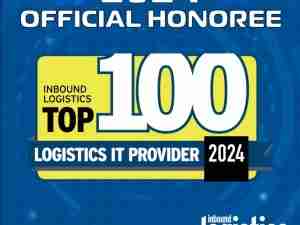- Defining routed exported transaction
- Who files data elements
- Clarifying agent responsibilities
NCBFAA comments on census proposal regarding routed export transactions
posted by AJOT | Dec 07 2017 at 07:00 AM | Logistics
WASHINGTON, DC - In a letter to the Bureau of the Census, the National Customs Brokers and Forwarders Association of America, Inc. (NCBFAA) has submitted comments on Census' Advanced Notice of Proposed Rulemaking regarding standard and routed export transactions.
In its letter, the NCBFAA focused on three specific areas:









